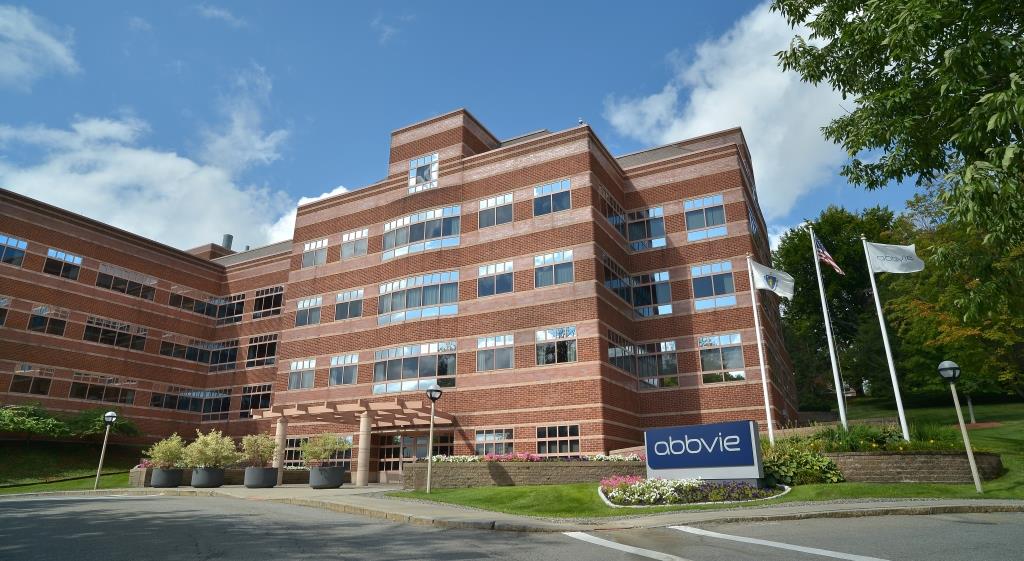Biopharmaceutical innovation has emerged as a leading area of state economic development. Take Massachusetts: The biopharmaceutical sector supports more than 300,000 jobs in the Bay State and is a key part of its economy, supporting $72.9 billion in goods and services. Additionally, with average annual wages and benefits exceeding $156,000 — more than twice the average across all industries in Massachusetts — biopharmaceutical industry jobs are both high in wage and quality.

Innovation Spotlight: AbbVie Bioresearch Center in Worcester, Mass.

Massachusetts is also home to two AbbVie facilities – the Worcester-based AbbVie Bioresearch Center (ABC), which houses immunology and biologics research and manufacturing, as well as the Cambridge Research Center, where the focus is on early discovery research in neuroscience and immunology. Together, they employ close to 1,000 employees.
Dr. Lisa Olson, vice president of immunology research at AbbVie and site head of ABC, has seen AbbVie’s presence in Massachusetts expand significantly over two decades and cites a number of factors as having influenced the company’s decision to continue growing here.
“Our investment in Massachusetts started 20 years ago in Worcester, as we worked to discover, develop and manufacture antibody therapies for autoimmune diseases,” says Dr. Olson. “Now, as we try to become even more precise in disease treatment, not only are we remaining here, but we have opened a second site in Cambridge to take further advantage of the enormous amount of talent and the proximity to leading institutions across academia, industry and medicine.”
For a science-focused organization like AbbVie, Massachusetts is a very attractive – almost essential – place to be.
Community support and partnerships are a major factor in the success of biotech companies in Massachusetts. Establishing relationships with local medical, academic and biotech institutions allows stakeholders to expand their capabilities by sharing information, resources and technology. Moreover, by working alongside local government institutions, AbbVie scientists can connect on a human level with the surrounding communities in which they live.
Even in Massachusetts, however, biopharmaceutical innovation is not immune to challenges. As Dr. Olson notes of ABC specifically, the drug discovery business is inherently difficult. It is estimated that 10,000 molecules must be screened to identify a single drug candidate for human testing. Fewer than 10 percent of the molecules that enter human clinical trials will actually become medicines, and the investment required by companies in the research process continues to grow. Fortunately, the commitment of the people who choose to do this difficult work is unwavering.
“The people who work in the biopharmaceutical industry are talented enough to work almost anywhere, but they have chosen to dedicate their lives and training to drug discovery, even knowing that success is not guaranteed,” says Dr. Olson. “But the promise of being able to advance a molecule that could potentially become a medicine for a patient in need is what motivates all of us and keeps us coming to work day after day.”
Ready to Get Involved?
Make your voice heard to protect innovation.
